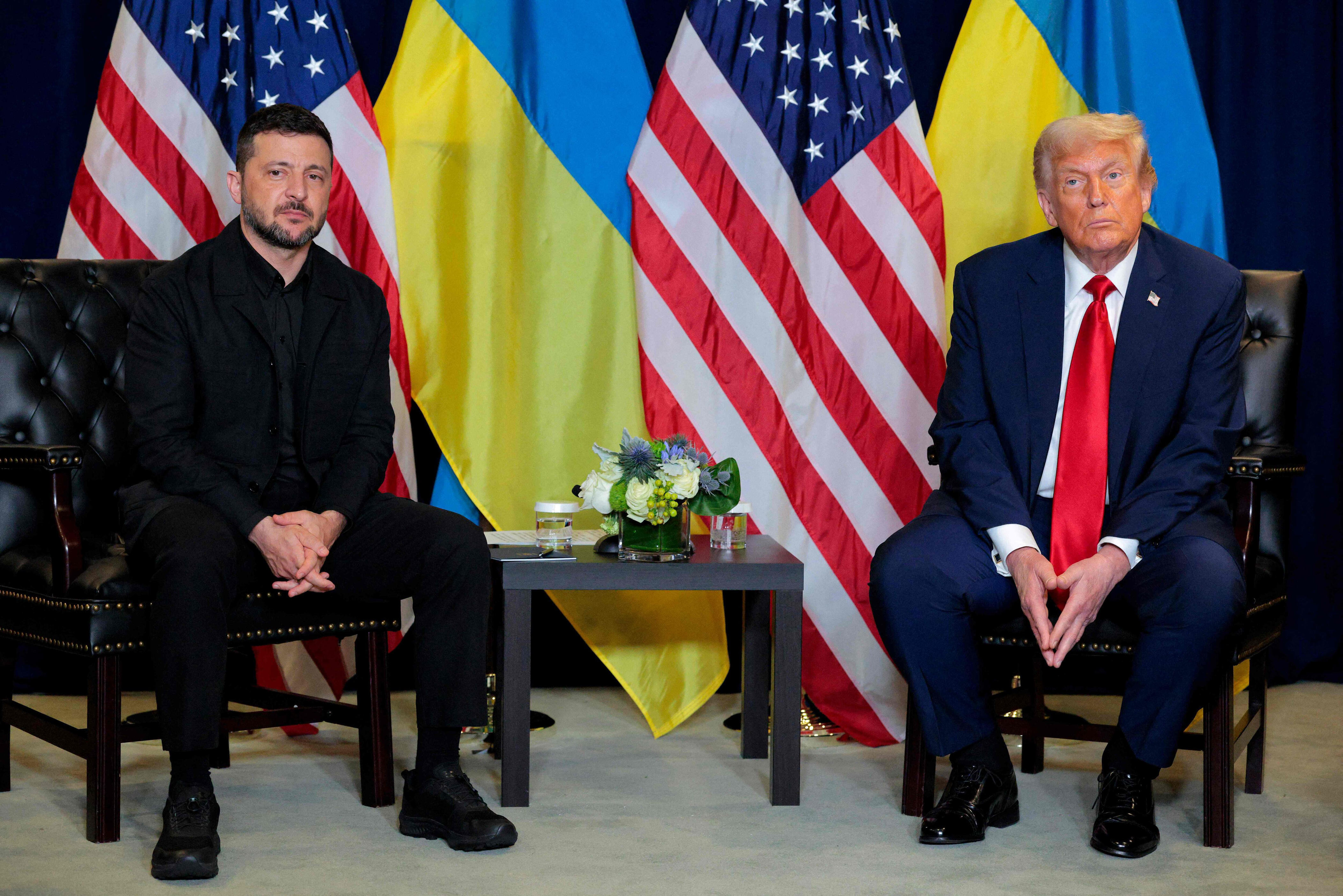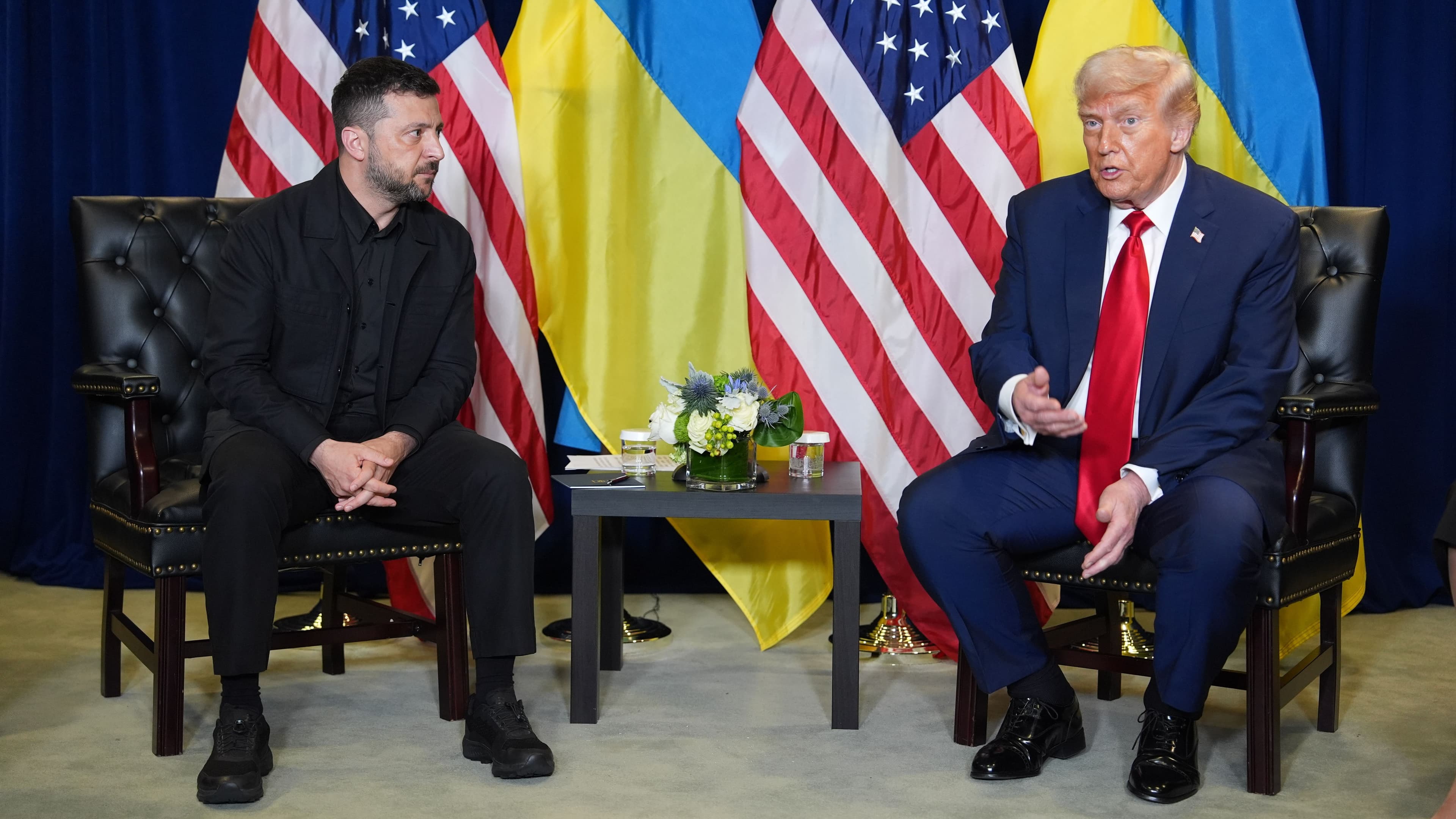Former President Donald Trump stated that NATO countries have the right to shoot down Russian aircraft if they violate their airspace. However, when asked if the United States would support allies in the event of an attack on a Russian drone or plane, Trump responded, "it depends on the circumstances." This response has raised concerns about the implications for NATO"s collective defense obligations.
Trump"s comments suggest that Washington may be shifting responsibility to individual NATO member states, which could lead to significant political consequences if an ally were to engage a Russian aircraft outside their own territory. NATO Secretary General Mark Rutte later commented that the Alliance could take action against Russian planes threatening civilian infrastructure or populations, although he noted that no such threats had been identified.
Reports indicate that Russian fighters have not entered NATO airspace, and any deviations are likely minor. This has led to criticism from Baltic states, particularly Estonia, regarding their perceived vulnerability in the face of potential Russian aggression. Observers in Poland, Latvia, Lithuania, and Estonia have expressed confusion over the lack of Western support and have questioned the effectiveness of NATO"s Article 5 on collective defense.
For further context, recent developments in the region include reports of Russian military activity, such as the presence of the Russian ship "Aleksandr Shabalin" near Denmark. For more information, see recent developments.

Image for Trump states NATO countries can shoot down Russian aircraft if violated


![[Video] Heavy clashes and gunfire reported in Baghdad, Iraq](/_next/image?url=%2Fapi%2Fimage%2Fthumbnails%2Fthumbnail-1768342239932-848qsh-thumbnail.jpg&w=3840&q=75)




![[Video] Gunfire between Iraqi security forces and Sadr militias in Baghdad](/_next/image?url=%2Fapi%2Fimage%2Fthumbnails%2Fthumbnail-1768343508874-4redb-thumbnail.jpg&w=3840&q=75)
